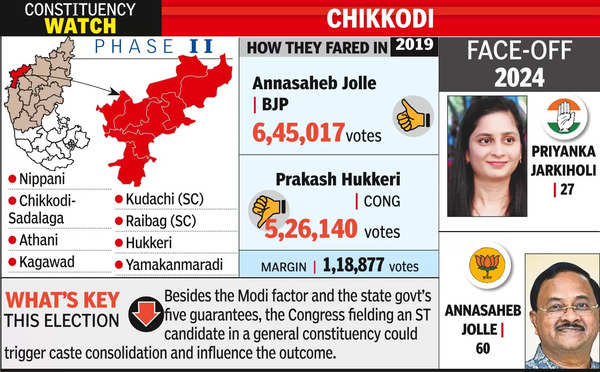
The caste census, which aims to collect comprehensive data on the social and economic status of various caste groups in India, has gained momentum following significant political and social pressure. The census is expected to provide valuable insights into the distribution and needs of different communities, potentially influencing policy-making and resource allocation.
Ramesh's comments reflect broader concerns within Congress regarding Modi's strategic maneuvers. He suggests that Modi could be looking to manipulate the caste census to secure political gains, similar to previous instances where the BJP capitalized on Congress promises. This criticism highlights the ongoing political maneuvering as both parties vie for influence and electoral advantage.
The debate over the caste census is not new. The Indian government has faced criticism for its reluctance to conduct a detailed enumeration of caste-based demographics, which many argue is essential for addressing disparities and formulating effective policies. The last comprehensive caste census was conducted in 1931 during the British colonial period, and since then, there has been significant debate about the necessity and methodology of such a survey.
Modi's administration has recently expressed support for the caste census, a shift from its earlier stance. This change has sparked speculation about the government's intentions. While the BJP's support for the caste census could be seen as an attempt to address long-standing demands from various political and social groups, critics argue that it might also be a strategic move to gain favor among voters in key constituencies.
The caste census debate intersects with broader discussions about social justice and equity in India. Many advocate for the data to address disparities and ensure that affirmative action policies are effectively targeted. The census could provide a clearer picture of the socio-economic conditions of various caste groups, potentially leading to more informed policy decisions.
Conversely, some argue that the caste census could exacerbate social divisions by highlighting and institutionalizing caste-based identities. There are concerns that the data could be used for political purposes rather than genuine social reform. This apprehension is part of a larger debate about the role of caste in Indian politics and society.
Ramesh's criticism also points to the broader context of electoral strategy. With upcoming elections on the horizon, both the BJP and Congress are likely to use every available tool to gain an edge. The caste census could become a focal point in this contest, influencing voter perceptions and party strategies.
Political analysts suggest that Modi's potential maneuvering around the caste census reflects a broader trend of using policy issues as tools for electoral advantage. This approach can shift public attention and frame political debates in ways that benefit the ruling party.
